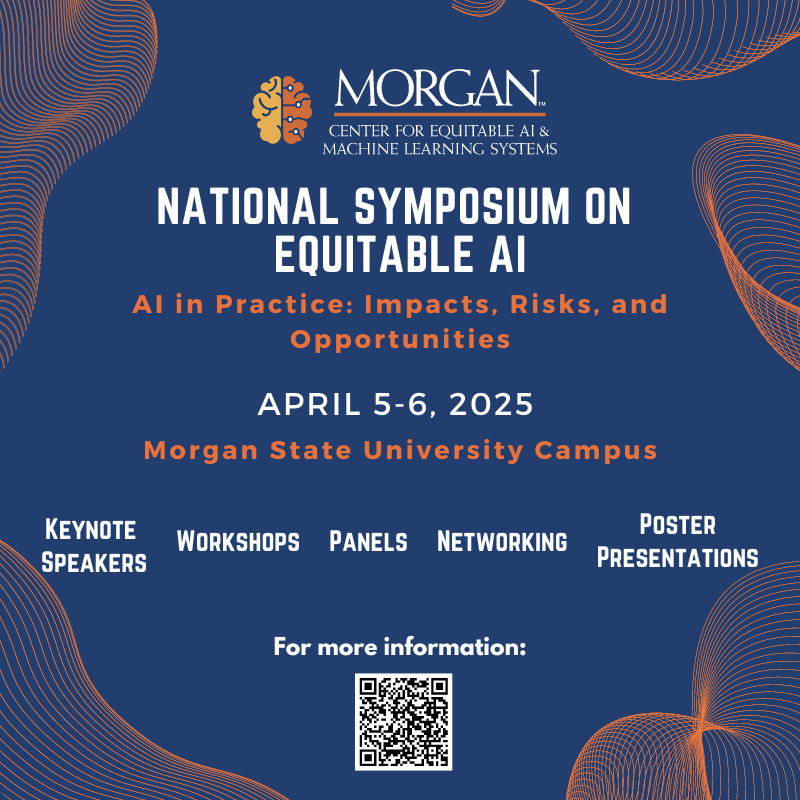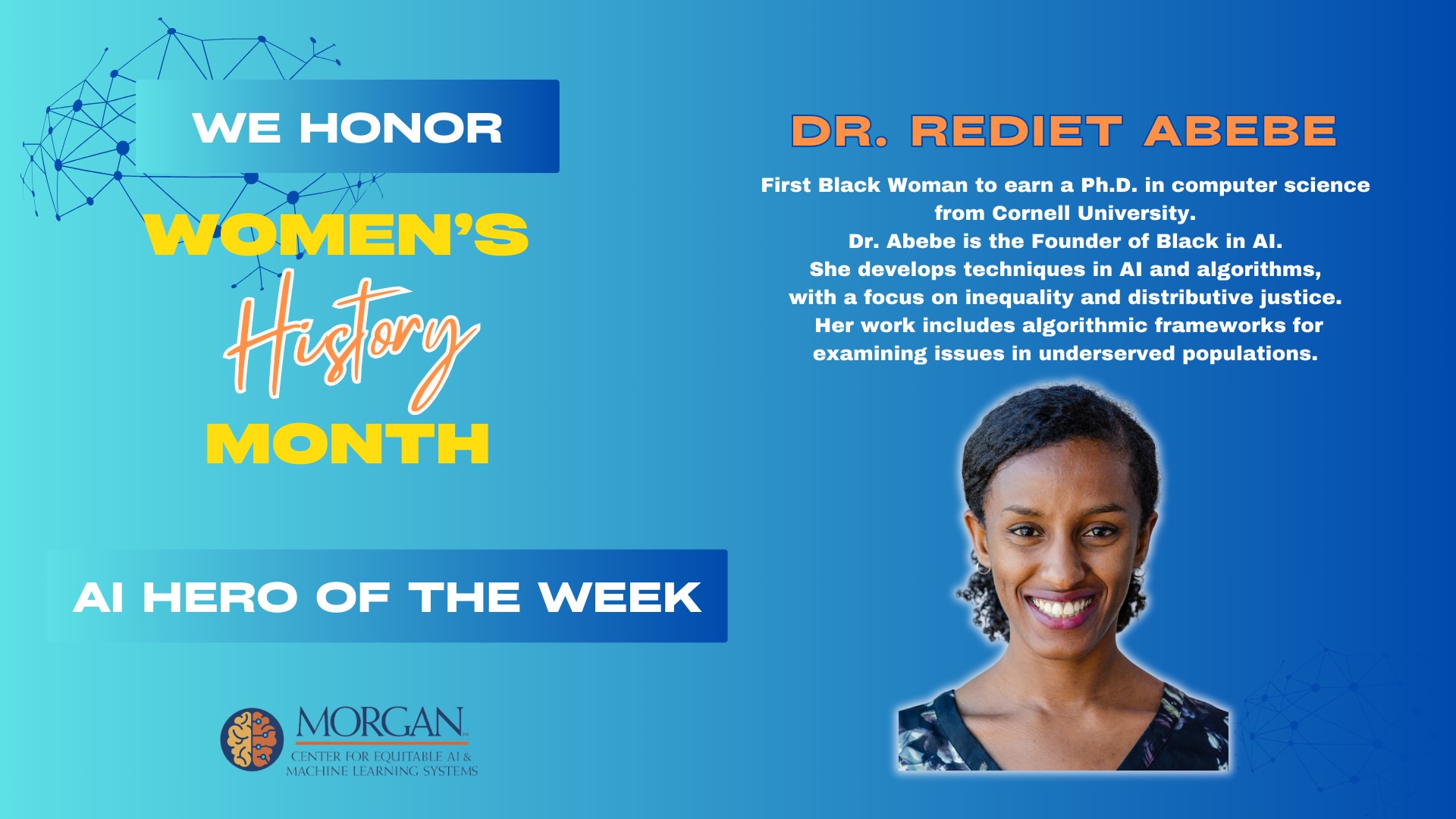Center for Equitable Artificial Intelligence and Machine Learning Systems
Vision Statement
The Center for Equitable AI and Machine Learning Systems (CEAMLS) facilitates the research, development of standards, identificiation of new methods, and advancement of innovative technologies that benefit everyone on the planet. CEAMLS serves as an interdisciplinary nexus for thought leadership in the application of fair and unbiased technology and its applications. The Center will remain rooted in scholarly stewardship, cultivating the next generation of students at all levels, as well as life-long learners across industries and areas of study.
Mission Statement
To facilitate the development, deployment, and verification of socially responsible and equitable artificial intelligence systems and to ensure the public is well-informed of how evolving technologies in this space affect their health, prosperity, and happiness.

2025 Equitable AI Symposium
CEAMLS hosts the National Symposium for Equitable AI each year. The event brings together technologists, researchers, policy makers, and stakeholders for critical and constructive reflection on AI’s past, present, and future, with special attention to issues of equity and racial bias.
The 2025 Theme is "AI in Practice: Impacts, Risks, and Opportunities."

Let's celebrate Dr. Rediet Abebe!
In honor of Women's History Month, CEAMLS is thrilled to showcase the remarkable contributions of African American women to the field of Artificial Intelligence. Today, our spotlight shines on Dr. Rediet Abebe, an esteemed figure in computer science and technology. Dr. Abebe is the first black woman to receive her PH.D in computer science from Cornell University. Dr. Abebe is also a founder of Black in AI. Find out more about Dr. Rediet Abebe by clicking this link!
CEAMLS serves as a resource for both developers and the public by promoting the development of models that are open for analysis and are linked with visual analytics so that everyone is more knowledgeable about the capabilities, limits, and biases that these models may possess. CEAMLS also analyzes new AI innovations to determine ways in which they could become problematic or damaged due to algorithmic bias, either actual or perceived.


